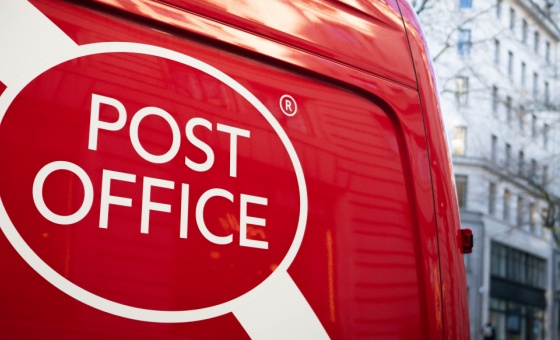AS KING Charles is proclaimed in towns and cities across Britain, the police are removing — and in some cases arresting — people who protest at this.
A woman escorted from the Palace of Westminster for holding up a small A4 sign saying Not My King. A woman arrested in Edinburgh for holding up an anti-monarchy placard. Peace activist and frequent Morning Star contributor Symon Hill arrested in Oxford, for shouting: “Who elected him?” during the proclamation there.
This reflects a dangerous authoritarianism on the part of the police.
Officers appear vague on what charge they are arresting people, with different explanations being given to Hill at different points.
He is now apparently under investigation under a public order offence. The woman seized in Edinburgh was accused of “breaching the peace.” These explanations hold no water.
There is no evidence either protester’s action risked any violence — these were entirely peaceful, one-person protests — and police present should instead have defended their right to free expression had anyone present looked likely to react violently (which they did not).
In the course of opposition to the Police, Crime, Sentencing and Courts Act, campaigns including local Black Lives Matter and Extinction Rebellion groups warned that it empowered the police to “act unilaterally with near unlimited discretion.”
No doubt this knowledge is why officers in Oxford reportedly referred to the Act when arresting Hill.
But the arbitrary suppression of public dissent shows exactly why giving police discretion over what constitutes an offence is so dangerous.
Provisions in the Act leave it to officers to decide when a protester’s “act or omission” has caused “serious annoyance” to “the public or a section of the public” and therefore justifies arrest.
No doubt these brave protests — because it takes courage to register solitary dissent among crowds which, because they had gathered to hear the new king proclaimed, could be safely assumed to be royalist — did cause “annoyance” to some of those present. The Edinburgh arrest was met with cheers from some of the crowd, though others objected.
But that is irrelevant. If the right to express an opinion is dependent on it going down well with the audience, it is no right at all.
Some of the outcry on the left has — correctly — called out the hypocrisy of right-wing “free speech” advocates who maintain a stony silence on these arrests.
That hypocrisy is familiar — ministers who have trumpeted their determination to defend free speech at universities, for example, have simultaneously sought to ban public advocacy of the Boycott, Divestment and Sanctions campaign in solidarity with Palestine on exactly the same campuses.
Nonetheless we should grasp that the charge of hypocrisy only rings true coming from people who also defend the right to express opinions they disagree with. There are some on the left who have regularly called for state and corporate censorship of dissenting voices.
These arrests should awaken the whole left to the character of the institutions we empower when we go down that road. The British state is not our ally. Neither is Facebook, or Twitter or any of the other gigantic corporations who dominate the communications world.
The British state has been becoming more authoritarian for years, a process which accelerated under Boris Johnson’s government.
The police cannot be trusted: from the forcible break-up of a peaceful vigil for a woman murdered by one of their own officers, to the statistics showing the systematically racist policing of Covid lockdowns, with black people twice as likely to be fined, we know that police discretion is a weapon that allows our rights to be trampled on at will.
The Queen’s death is now being used to further narrow the scope of democratic debate.
We should reclaim the cause of liberty against an overbearing state, too often associated with anti-social cranks only because too much of the left has abandoned it.











